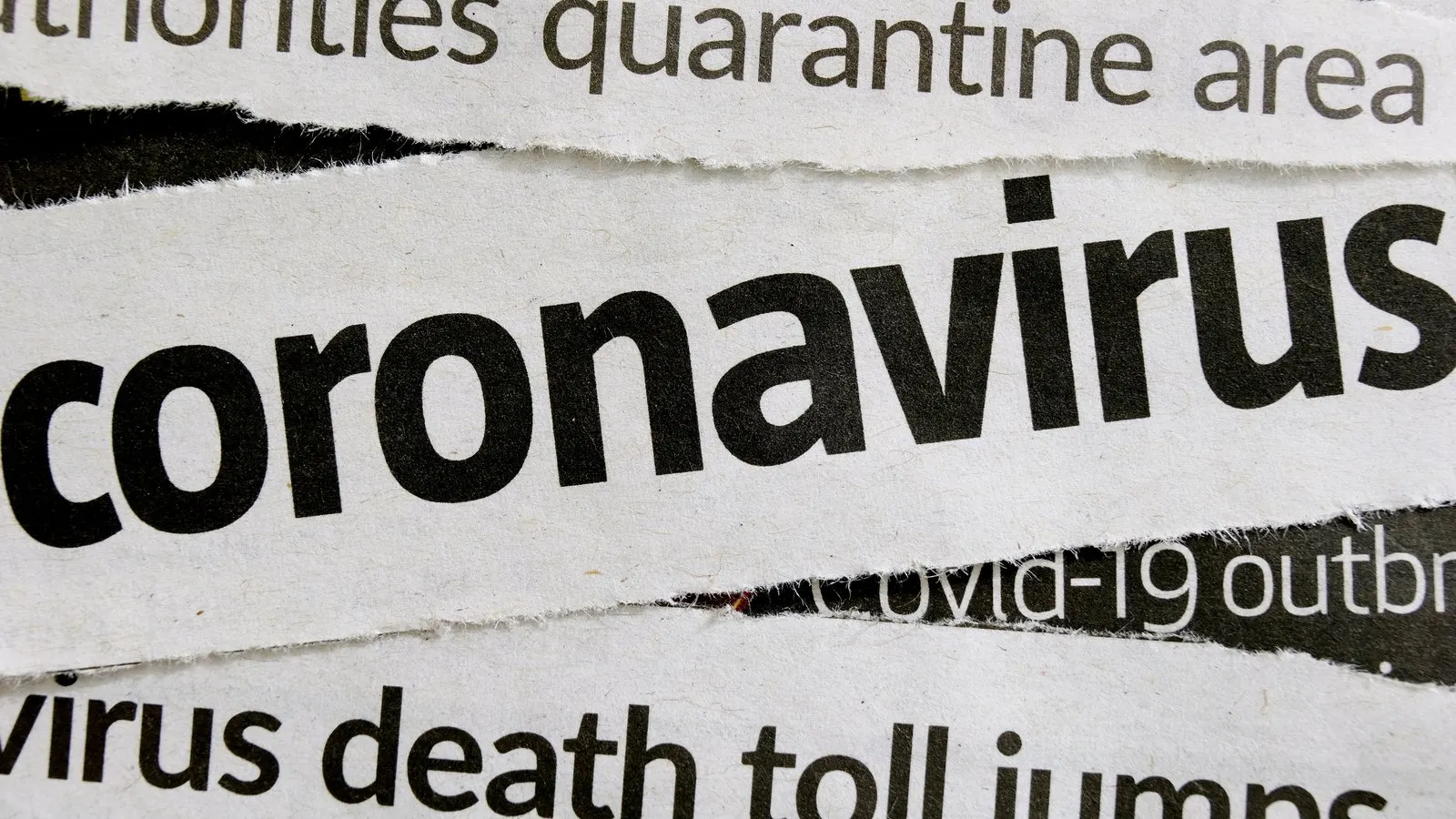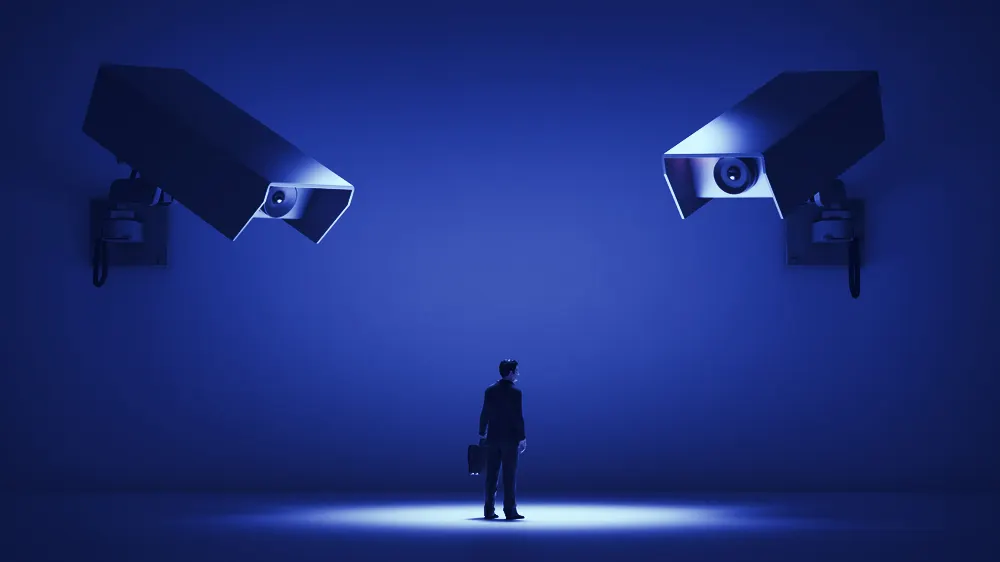In brief
- Governments around the world are increasing surveillance.
- This surveillance will be used to help stop the spread of the coronavirus.
- But once over, will governments stop acting like Big Brother?
Numerous governments around the world are beginning to roll out mass surveillance systems in an attempt to slow the pandemic.
But privacy advocates are worried that when these measures have been introduced, there will be no going back. Once governments have this ability to track the population, they may be loath to give it up, begging the question, is it worth the risk?
According to The New York Times, various governments around the world are taking increasingly drastic measures in their attempt to slow the coronavirus’s spread. Many countries are currently working on or already have implemented various tracking systems that could potentially help to identify people who came in contact with positive-tested individuals.

Per the report, South Korea’s government started to post disturbingly detailed location histories of people who tested positive for the coronavirus in January. The information included when individuals went for work, whether they wore protective masks in the subway and at what stations they changed trains. Even more uncanny, people’s favorite massage parlors and karaoke bars were also publicly disclosed.
Unsurprisingly, this patient data was soon exploited and used to identify the individuals. Later on, the South Korean government made a u-turn on the decision, stating they would revise the data-sharing guidelines “to minimize patient risk.”
“We will balance the value of protecting individual human rights and privacy and the value of upholding public interest in preventing mass infections,” said Jung Eun-kyeong, the director of South Korea’s Centers for Disease Control and Prevention.
Yet, South Korea is just one example as mass surveillance related to the coronavirus is getting traction in many more countries around the world. EUobserver reports that people under home quarantine in Poland are required to take geo-located selfies within 20 minutes of receiving the corresponding SMS-request. Fail to comply, and you risk to face a police squad on your doorstep.
Meanwhile, Israeli Prime Minister Benjamin Netanyahu has recently approved a surveillance program that uses the domestic security agency’s data cache to track the locations of people potentially infected with the virus. The system, initially designed to fight terrorism, has now been turned against the country’s own people.
An amendment to an emergency bill in France is proposing to enable telecoms data collection for six months, in Belgium—for three months. At the same time, Austrian telecom operator A1 has reportedly granted limited government access to anonymized location data for the first two Saturdays in March.
The US is not too far behind. According to the NYT, the White House is currently in talks with Google, Facebook and other tech companies that could potentially provide aggregated location data captured from Americans’ mobile phones to help track the coronavirus.
“We could so easily end up in a situation where we empower local, state or federal government to take measures in response to this pandemic that fundamentally change the scope of American civil rights,” Albert Fox Cahn, the executive director of the Surveillance Technology Oversight Project, told the NYT.
Big Brother gets out of control
Experts around the world are expressing concerns that mass surveillance on such a scale might not stop with the outbreak. When the governments are given such power during times of crisis, who can be sure that they’ll easily let go of it when the pandemic starts to decline? There are a lot of ways even location data could be used for political or other gains—to track political opponents and their acquaintances, for example.
"We need to make sure it doesn't lead to surveillance after the outbreak," Estelle Massé, a senior policy analyst at the Access Now, told EUobserver.
The outlet also reports that Belgium, France and the United Kingdom are already facing the European Court of Justice in Luxembourg for their “Big Brother approach” to the pandemic.
“We need to have a framework that would allow companies and public authorities to cooperate, to enable proper response for the public good. To reduce the risk that coronavirus surveillance efforts might violate people’s privacy, governments and companies should limit the collection and use of data to only what is needed,” noted Mila Romanoff, data and governance lead for United Nations Global Pulse.
But how much data is enough?

